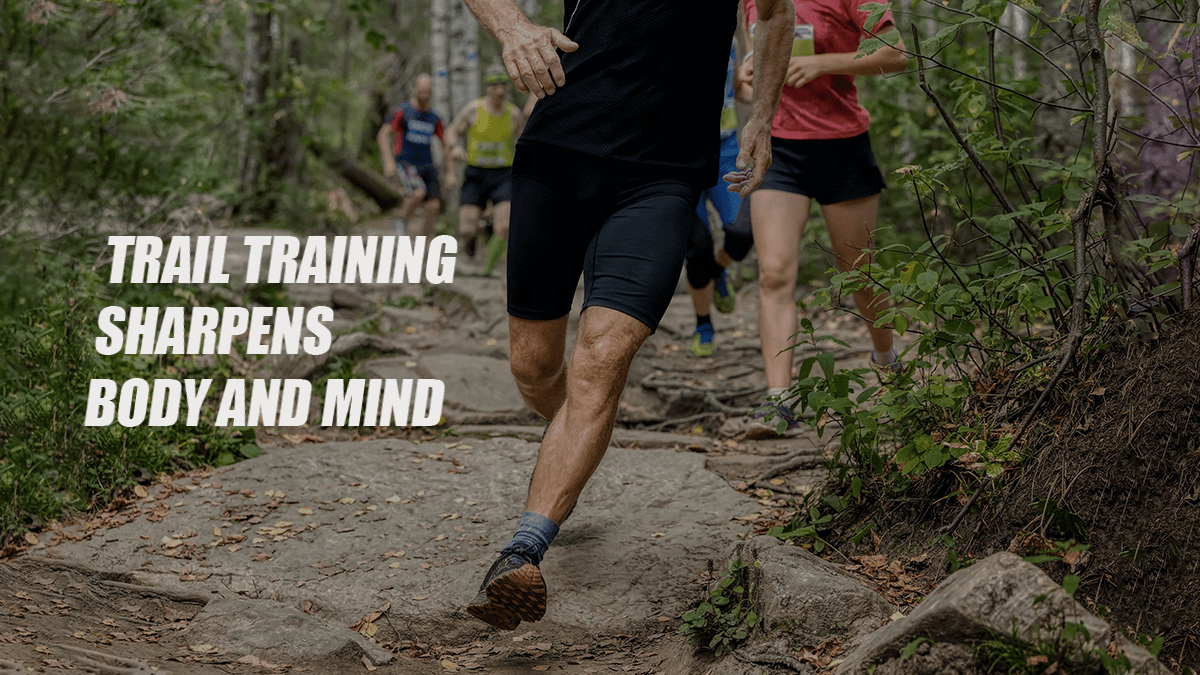Trail Running: More Than Just Miles—A Skill That Heals Mind and Body

Trail running isn’t just exercise—it’s a holistic experience that combines physical fitness, cognitive clarity, emotional resilience, and skill development. Here’s why heading into nature for your runs might be the best health decision you make this year.
Mental Health & Mood Boosting
Stress Reduction, Naturally
Exercising in nature—often called green exercise—is proven to reduce stress and enhance mood more effectively than indoor workouts. Just 20 minutes in a natural setting can lower cortisol levels, boost energy, and alleviate anxiety, anger, and fatigue. Even urban green spaces offer these benefits.
Emotional Resilience
Natural surroundings elevate emotional awareness and generate a sense of calm that goes beyond the temporary relief of gym workouts. Forest environments, for instance, have shown measurable reductions in depression, confusion, and tension—helping the mind reset and recover.
Cognitive Enhancement & Attention Restoration
Brain Recovery in Minutes
Just 5–6 minutes in nature can improve brain function. Green environments activate relaxation-related brainwaves and enhance connectivity in areas linked to awareness and focus.
Attention Restoration Theory (ART)
ART suggests nature gently engages our attention, allowing the brain to recover from fatigue. Outdoor exercise improves working memory, speeds up reaction time, and enhances accuracy—even more than equivalent indoor activities.
Nature Sounds Matter
Birdsong and flowing water aren’t just soothing—they actually improve performance on memory and attention tasks.
Support for Mental Health Conditions
Anxiety, Depression, and ADHD
Dozens of studies confirm green exercise as a supportive therapy for:
- Anxiety & Depression: Nature-based workouts consistently lower symptoms.
- ADHD: Children show improved focus and emotional control after outdoor play or runs.
- Emotional Regulation: Natural stimuli reduce overactivation of the nervous system, helping with emotional calm.
Urban green spaces offer similar benefits as forests, making nature therapy accessible for city dwellers.
Enjoyment and Long-Term Motivation
Why You’ll Stick with It
People report more enjoyment and less perceived effort while running in nature. Scenic views, fresh smells, and the sounds of nature distract from physical strain and create positive associations—key for long-term habit formation.
Lower Effort, Better Output
Natural beauty makes physical effort feel lighter. You may run longer or harder without even realizing it—paving the way for better fitness outcomes over time.
Trail Running: More Than Just Miles – It’s a Skill You Build
Think running is just putting one foot in front of the other? While that’s true for the basics, trail running elevates the activity into a dynamic skill, one that you can absolutely acquire and refine with practice. It’s not just about endurance; it’s about agility, balance, and a nuanced understanding of your body’s interaction with the natural world.
Why Trail Running is a Skill:
Unlike the predictable, flat surfaces of roads or treadmills, trails are a constantly changing puzzle. You’re navigating roots, rocks, inclines, descents, and uneven ground, all of which demand a different kind of engagement from your body. This isn’t passive movement; it’s an active, continuous negotiation with the terrain.
- Engaging Your Neuromuscular System: The varied and unpredictable nature of trails significantly increases the stimulation of your neuromuscular system. This means your brain and muscles are working harder to communicate and coordinate. You’re constantly making micro-adjustments to maintain balance and stability, which refines your proprioception – your body’s sense of its position in space.
- Holistic Muscle Development: Running uphill activates your quadriceps, hamstrings, and glutes, while downhill sections challenge your quadriceps, calf muscles, and hip flexors. The inherent instability of trail surfaces also demands greater stabilization efforts from your core muscles, including your abdominals, obliques, and lower back.This comprehensive engagement builds a more robust and injury-resilient body than running on uniform surfaces.
- Enhanced Balance and Agility: The need for quick adjustments on varied terrain directly enhances your balance, coordination, and agility. Studies have shown that trail running can lead to improvements in static balance, for instance, indicating a tangible development of these skills.
- Adaptive Movement: Research suggests that running stably on uneven natural terrain requires “skillful control.” Instead of precisely regulating every footstep, your body learns to maintain stability through adaptive leg compliance – essentially, how your legs absorb and react to the ground. This is a learned response, honed through repeated exposure to diverse conditions.
How to Acquire the Skill:
The good news is that these abilities are not innate; they are developed through consistent practice.
- Start Gradually: Begin with shorter distances on less technical trails that match your current fitness level. Gradually build up your endurance and confidence on more challenging routes.
- Embrace the Variety: Don’t shy away from different types of trails. Each surface – from soft earth to rocky paths – offers unique biomechanical demands that will further develop your strength and adaptability.
- Focus on the Present: The rich sensory input of nature can help you stay present and focused, which is crucial for navigating technical terrain safely and efficiently.
- Specificity of Training: To become proficient at trail running, you need to train on trails. This ensures your body develops the precise neuromuscular and biomechanical adaptations required for real-world conditions, optimizing your running form and efficiency in natural environments.
In essence, trail running transforms a simple exercise into a dynamic, engaging, and deeply rewarding skill. It’s a journey of physical adaptation and mental engagement that connects you more intimately with both your body and the natural world. As coaches at EndoGusto, we feel blessed to be able to spend so much time outdoors and enjoy sharing that passion with our broader endurance community.